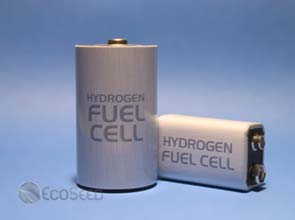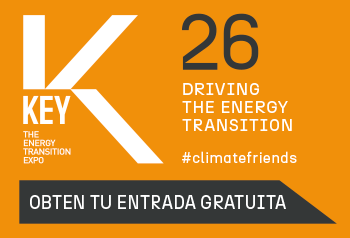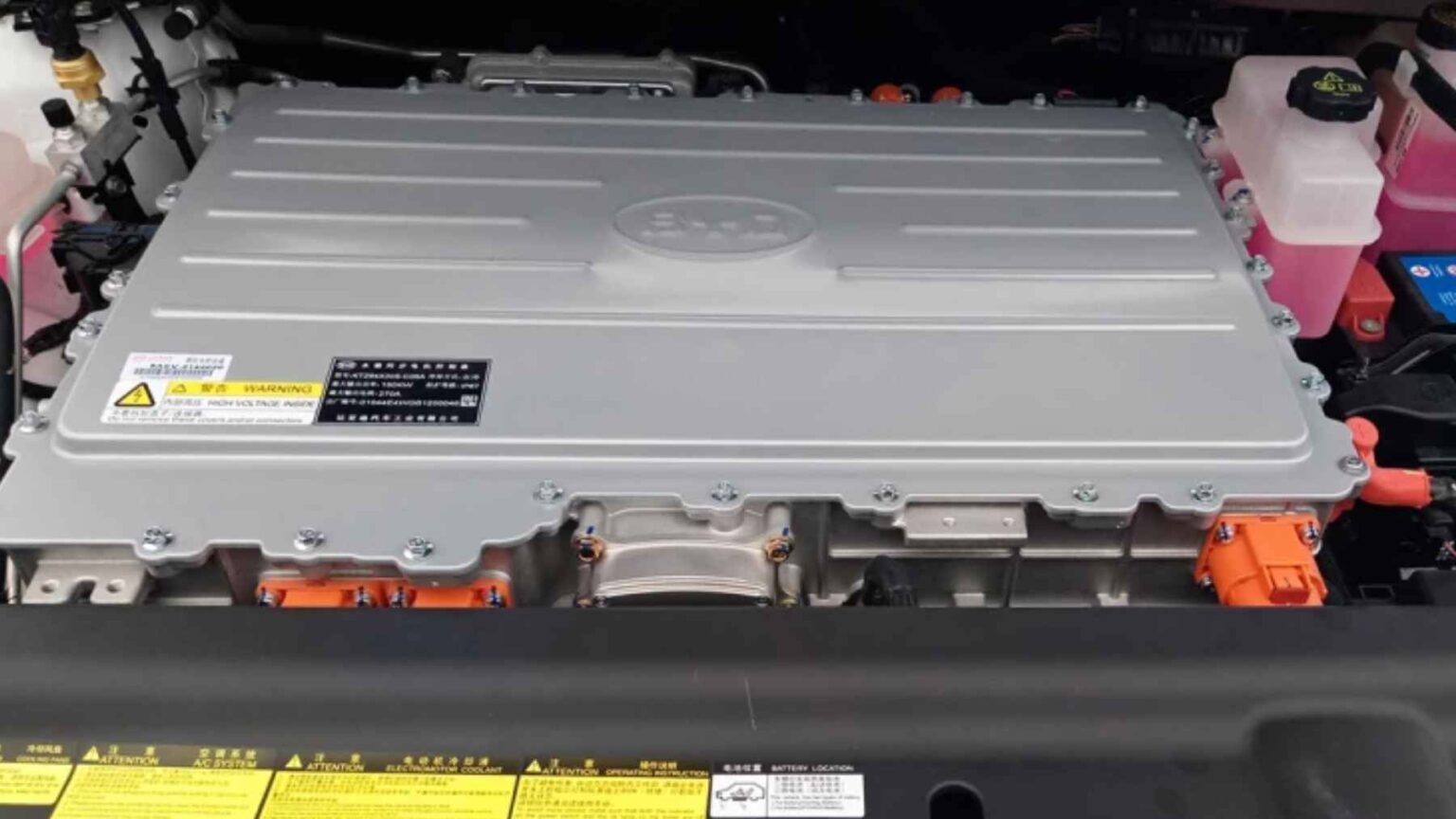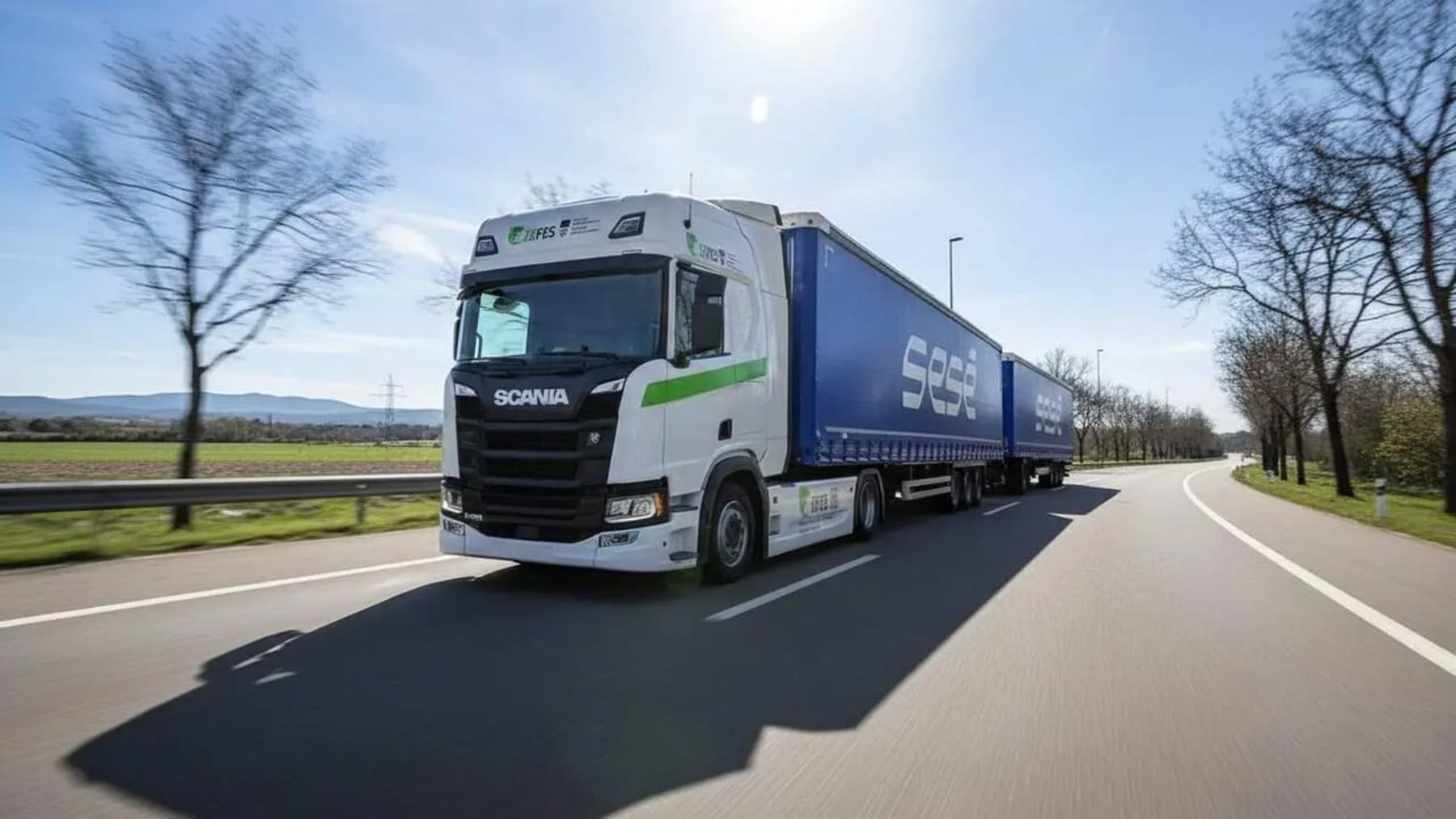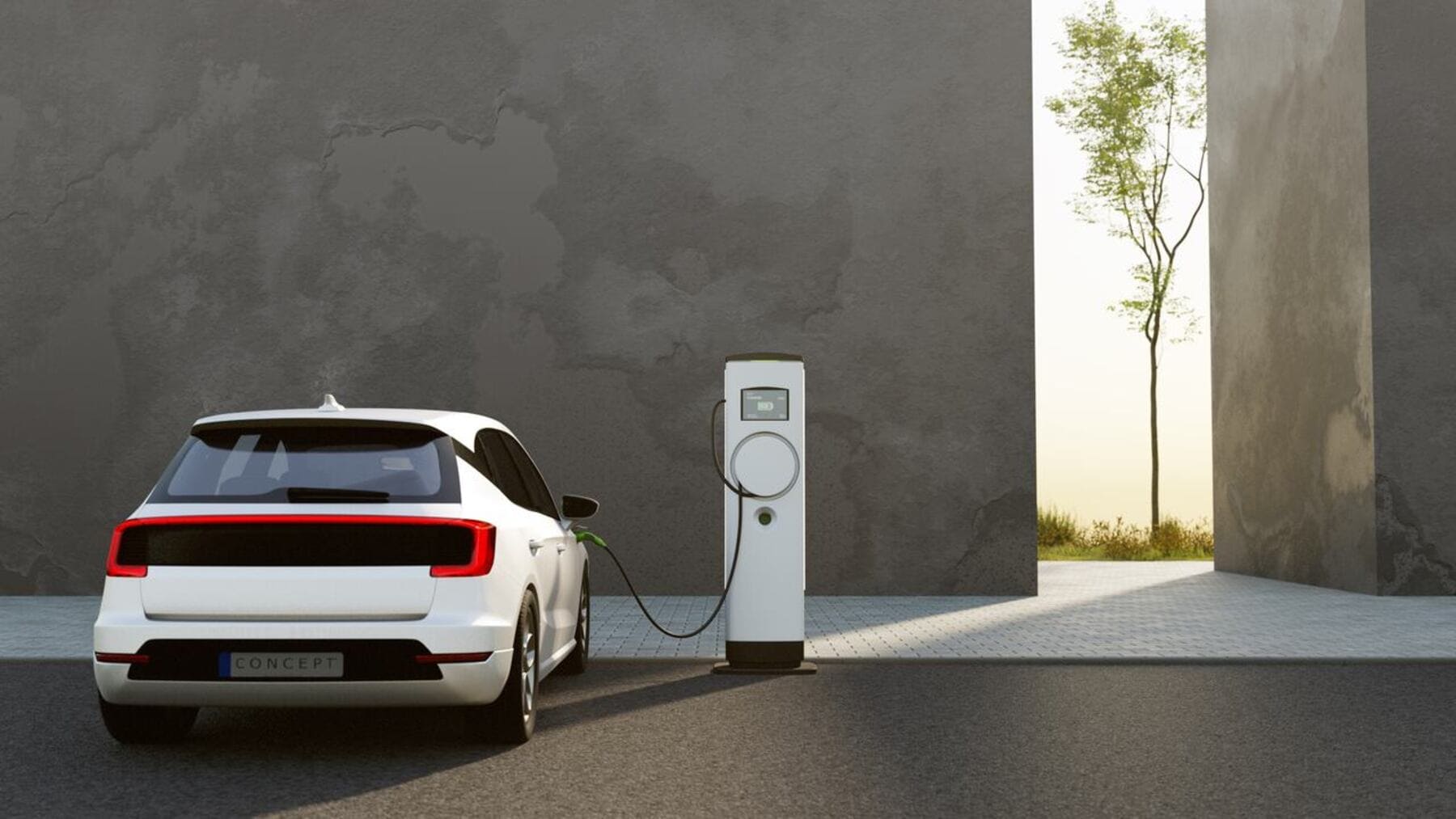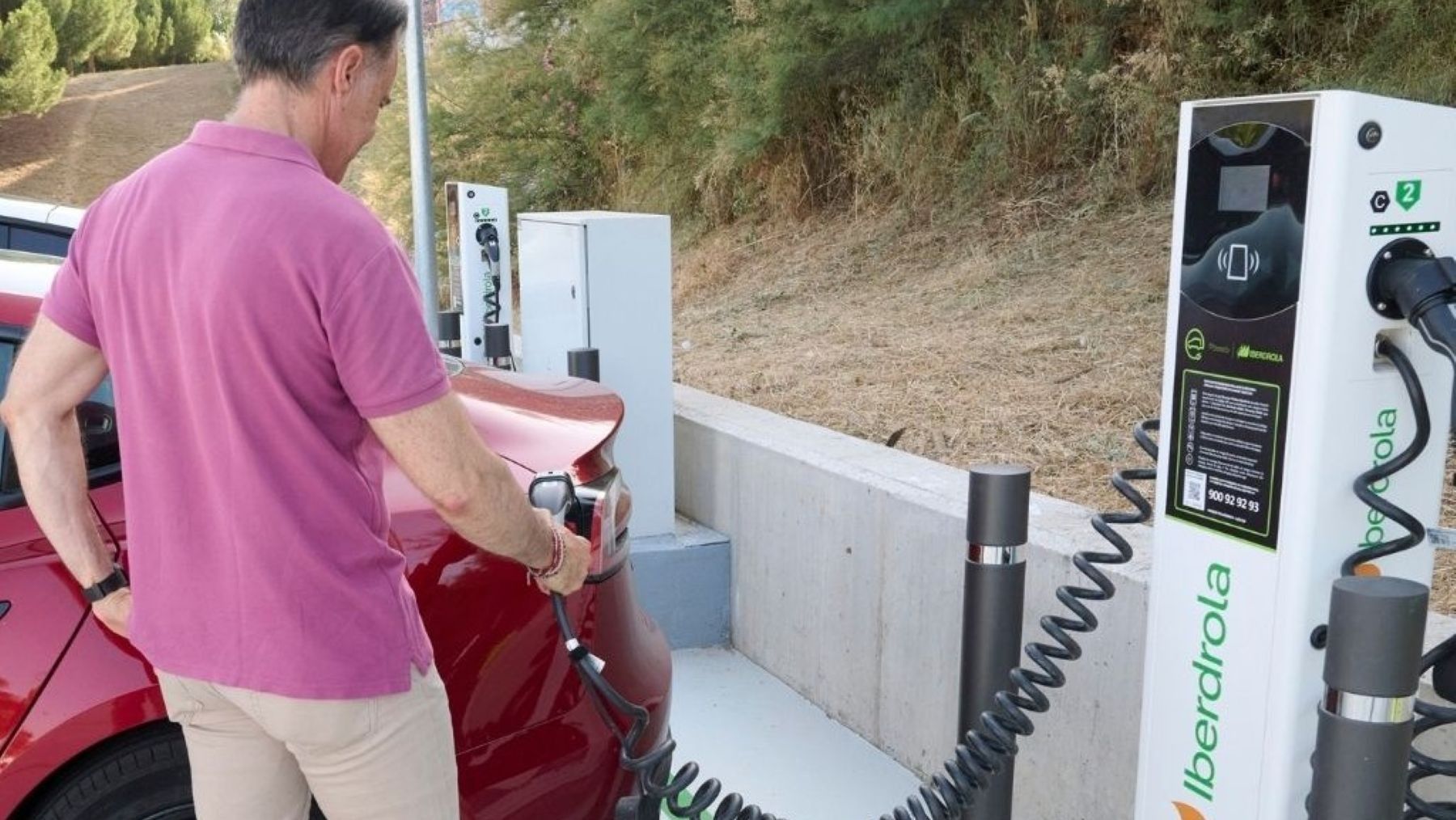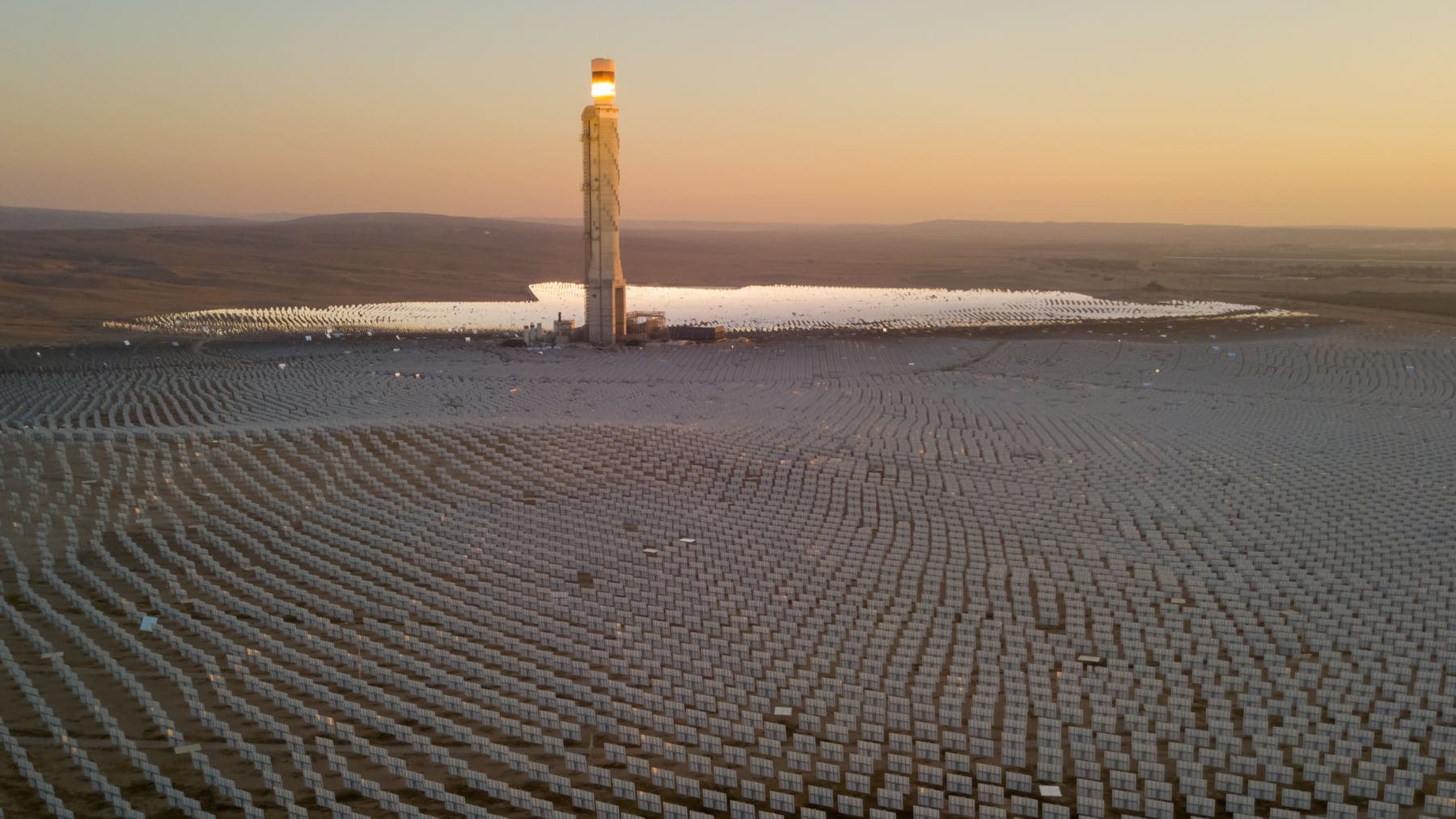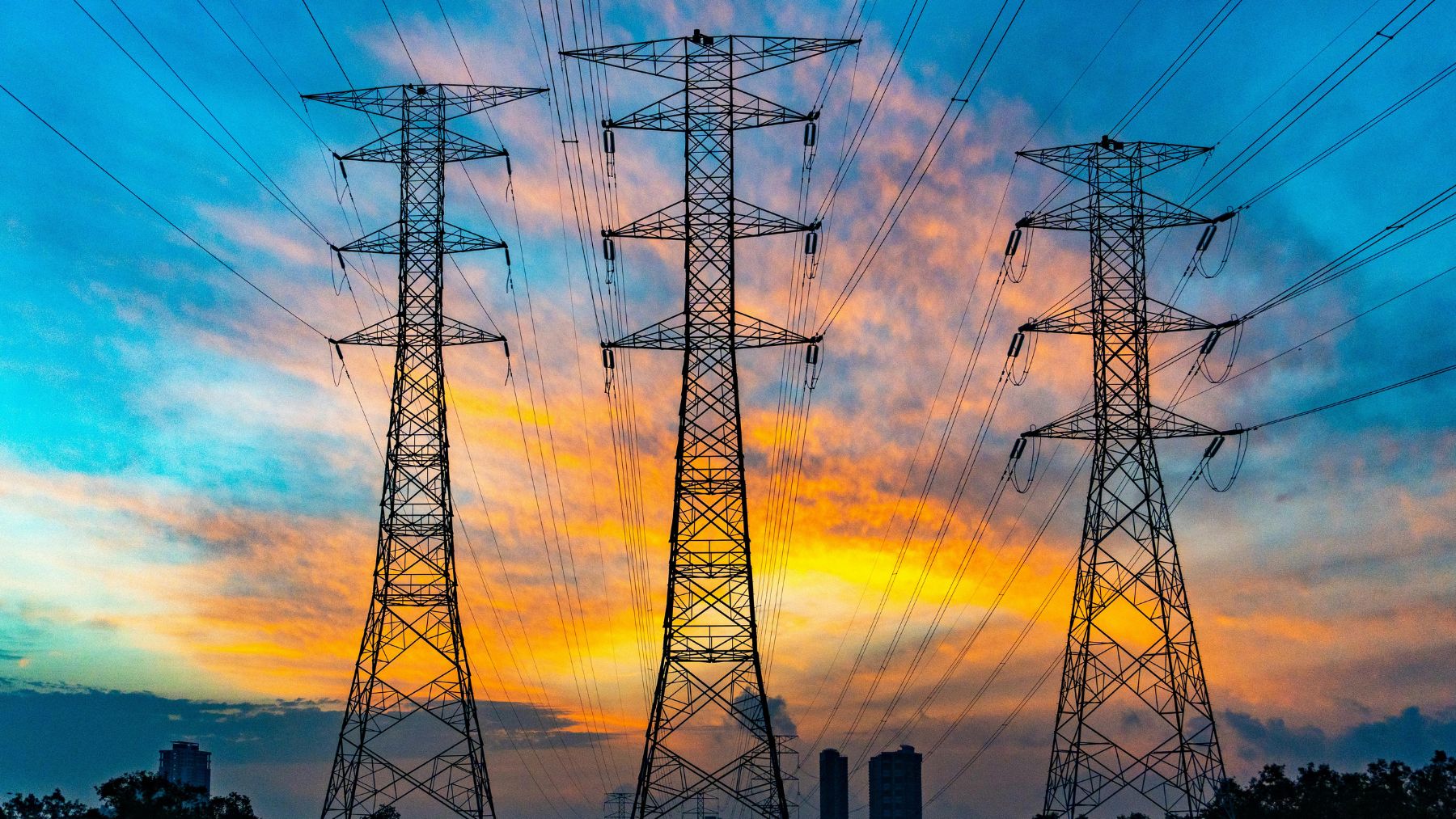Renewable energy investors are now looking into the fuel cell technology market with renewed interest after a recent study by SBI Energy indicates that the emerging sector could reach over $1 billion by 2014.
The report, Fuel Cell Technologies Worldwide, reveals that the fuel cell market can amount to $598 million this year and then double to $1.22 billion by 2014, representing a compound annual growth rate of 20 percent. The market showcased steady growth over the past few years, increasing to $498 million in 2009 from $353 million in 2005.
The portable sector boasts of the fastest growth in the fuel cell market due to toys and educational devices powered by low-watt fuel cells. Companies such as Horizon Fuel Cell Technologies and Thames & Kosmos have created fuel cell car kits that allow children to assemble the cars while learning about the basics of the technology.
However, the largest demand for fuel cells is for power generation units. In August, Ballard Power System shipped the largest fuel cell system to an Ohio utility for a five-year trial run. The system can produce as much as 1 megawatt of electricity – enough to power 500 homes.
“Commercial and public entities will likely lead the way in adopting fuel cell power sources, as these bodies are ever more aware of the economic and political advantages of adopting renewable energy sources,” predicted Shelley Carr, publisher for SBI Energy.
In addition, the report states that the annual growth rate in fuel cell units shipped also surged to 75 percent in 2008 from 20 percent in 2005. However, growth rate will slow down to 60 percent through 2010 and then level off at 30 percent through 2014.
The United States and Japan stood as the largest financial segments of the fuel cell market in 2009. Former President George Bush gave a boost to the market in 2003 by signing the Energy Policy Act of 2005, which promotes hydrogen and fuel cell development.
The act introduced the investment tax credit, which provides business and nonbusiness properties with 30 percent credit of the cost of a fuel cell unit. A business property can receive credits of up to $3,000 per kilowatt, while a nonbusiness property can rake in $1,000 per kW.
Meanwhile, Japan’s domestic fuel cell market reportedly exceeded a 100 percent growth rate due to the country’s stationary fuel cell installations as well as the development of portable devices and fuel cell vehicles.
However, the study expects the market growth to slow down in the next years as competitors in the United States and Europe continue to experience market progress.
